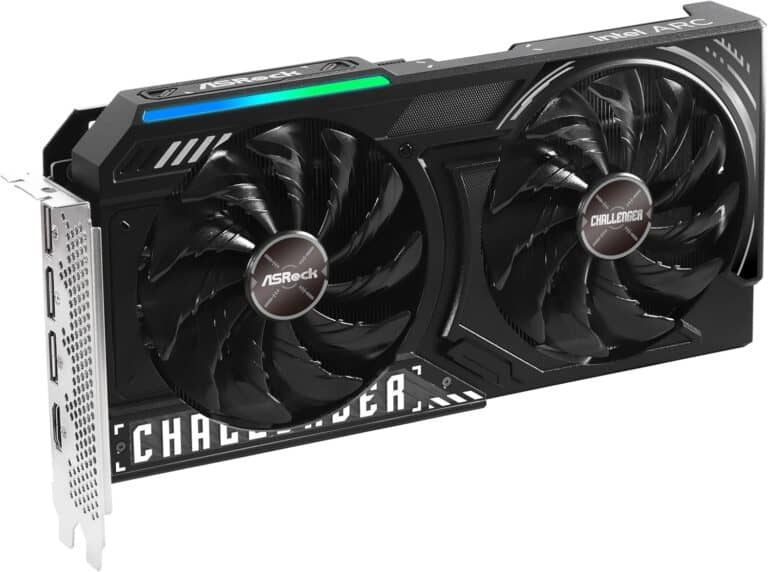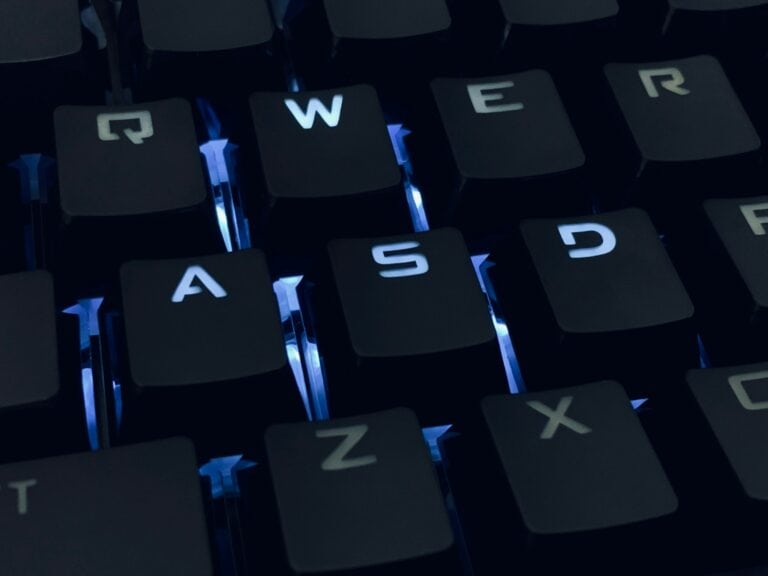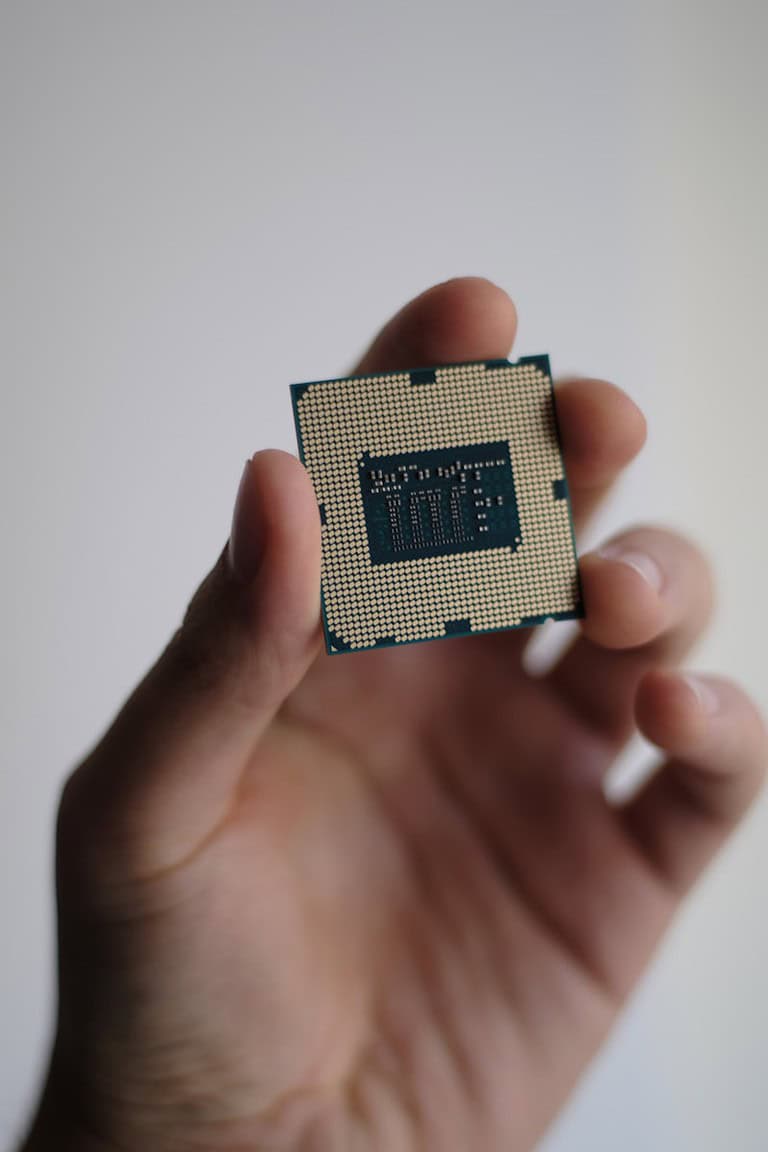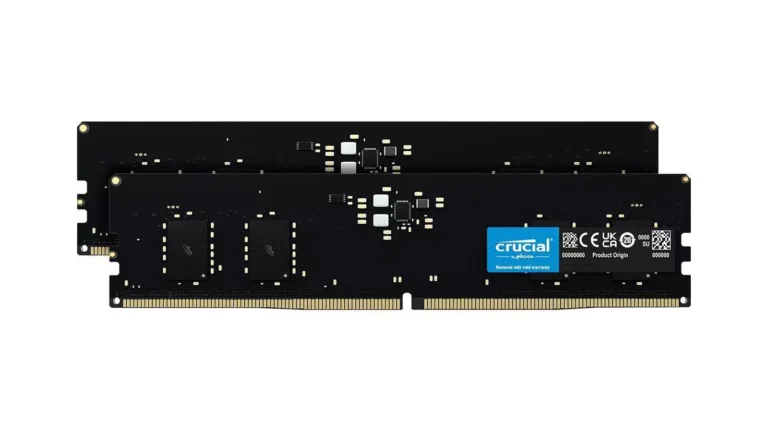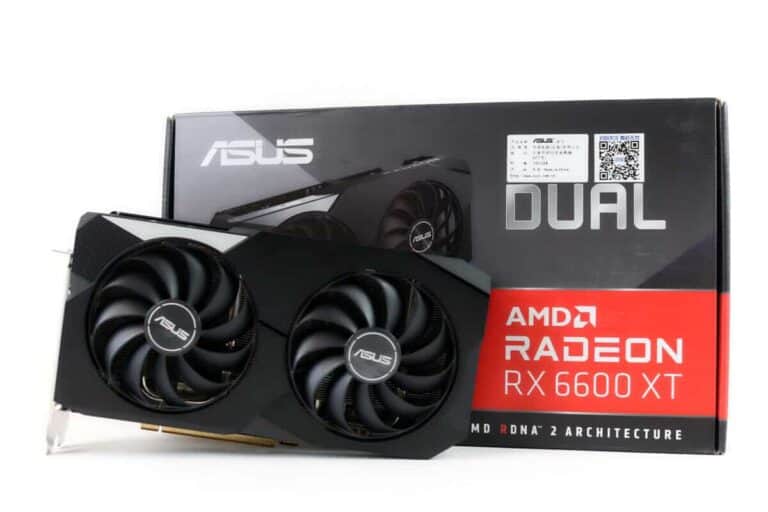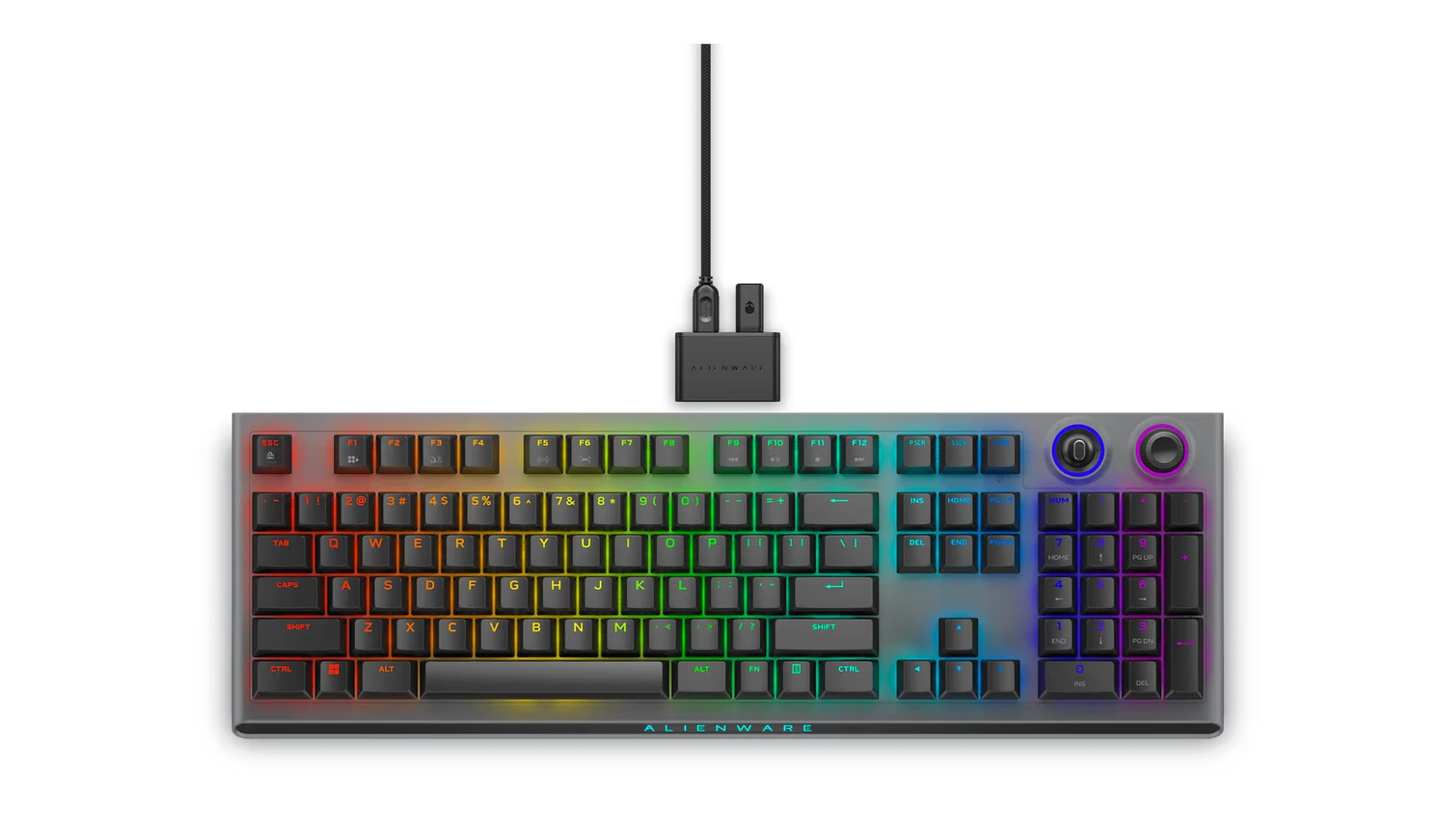
When choosing a new keyboard, gamers prioritize performance. Many wonder how much input lag from a wireless keyboard affects gaming. Wireless gaming keyboards have grown in popularity due to their cable-free convenience. However, concerns about input delay affecting performance persist. Lag refers to the time delay between pressing a key and the action appearing on screen. Recent advancements in wireless technology have reduced this lag, but even small delays can impact gaming outcomes.
Wired keyboards have been the preferred choice due to their speed and reliability, but wireless keyboards have evolved to offer comparable reaction times. Many wireless keyboards are now designed to minimize lag, providing a responsive gaming experience. Ergonomics also play a role, as a good wireless keyboard can offer comfort and reduce strain during long gaming sessions. The best choice depends on a gamer’s preference for comfort, convenience, and performance. Gamers have several options to consider and must weigh the pros and cons of each type before making a decision.
Wireless Gaming Keyboards: Ranked
| Rank | Product Name | Price (USD) | Key Features | Pros | Cons |
|---|---|---|---|---|---|
| 1 | Logitech G915 TKL Lightspeed | $229.99 | Low-profile mechanical switches, Lightspeed wireless, RGB | Compact, fast, comfortable, long battery life | Expensive, no dedicated media keys |
| 2 | Razer BlackWidow V3 Pro | $229.99 | Razer™ Optical Switches, multi-function digital dial, wrist rest | Responsive, customizable, comfortable typing | Heavy, battery life could be better |
| 3 | Corsair K63 Wireless Mechanical | $109.99 | Cherry MX Red switches, compact design, Bluetooth | Affordable, portable, good battery life | No backlighting, limited features |
| 4 | SteelSeries Apex Pro TKL Wireless | $179.99 | OmniPoint adjustable switches, OLED smart display | Customizable actuation, compact, informative display | Expensive, shorter battery life with OLED on |
| 5 | HyperX Alloy Origins 60 Wireless | $99.99 | HyperX mechanical switches, compact 60% layout, RGB | Compact, affordable, good battery life | No dedicated arrow keys, learning curve for 60% layout |
| 6 | Redragon K530 Draconic Wireless 60% | $69.99 | Outemu Red switches, hot-swappable, 60% layout, RGB | Affordable, hot-swappable, compact | Build quality, software could be improved |
Note: Prices and availability may vary depending on retailer and location.
Factors considered in ranking:
- Performance (switch type, responsiveness, wireless technology)
- Features (RGB lighting, macro keys, media controls, software)
- Comfort and ergonomics (keycap design, wrist rest, build quality)
- Battery life
- Price and value for money
Remember: The best keyboard for you will depend on your individual needs and preferences. Consider factors like the games you play, your typing style, and your budget when making your decision.
Wired Gaming Keyboards: Ranked
| Rank | Product Name | Price (USD) | Key Features | Pros | Cons |
|---|---|---|---|---|---|
| 1 | Razer Huntsman V2 Analog | $249.99 | Razer™ Analog Optical Switches, Doubleshot PBT keycaps, magnetic wrist rest | Adjustable actuation, premium build, comfortable typing | Expensive, software can be overwhelming |
| 2 | Logitech G Pro X Mechanical Gaming | $149.99 | Swappable GX switches, compact tenkeyless design, detachable cable | Customizable switches, portable, durable build | No dedicated media keys, RGB lighting can be distracting |
| 3 | Corsair K70 RGB MK.2 | $169.99 | Cherry MX switches, aluminum frame, per-key RGB backlighting | Wide range of switch options, premium build, extensive software | Can be loud, expensive |
| 4 | SteelSeries Apex 7 TKL | $129.99 | Red, Blue, or Brown switches, OLED Smart Display | Compact, informative display, durable build | OLED display can be distracting, limited switch options |
| 5 | HyperX Alloy FPS Pro | $89.99 | Cherry MX Red switches, compact tenkeyless design, steel frame | Durable, minimalist design, affordable | No dedicated media keys, limited features |
| 6 | Redragon K552 Kumara | $39.99 | Outemu Blue switches, RGB backlighting, dedicated media controls | Affordable, full-featured, clicky feedback | Build quality, software could be improved |
Note: Prices and availability may vary depending on retailer and location.
Factors considered in ranking:
- Performance (switch type, responsiveness, rollover)
- Features (RGB lighting, macro keys, media controls, software)
- Comfort and ergonomics (keycap design, wrist rest, build quality)
- Price and value for money
Remember: The best keyboard for you will depend on your individual needs and preferences. Consider factors like the games you play, your typing style, and your budget when making your decision.
Wired vs. Wireless Keyboards for Gaming: Latency and Performance
Wireless gaming keyboards offer the freedom of a clutter-free gaming setup. But does this convenience come at the cost of speed and responsiveness? Let’s dive into the pros and cons of wireless keyboards for gaming.
The History of Wireless Lag
Older wireless keyboards did suffer from noticeable input latency. However, technological advancements have significantly improved wireless connectivity for gaming peripherals. Modern gaming keyboards frequently use 2.4 GHz wireless connections for their reliability and speed.
Pros of Wireless Gaming Keyboards
- Cleaner Setup: Fewer cables mean a more organized gaming space.
- Portability: Easily move your keyboard around your desk or take it on the go.
- Aesthetics: Wireless setups often contribute to a more streamlined look.
Cons of Wireless Gaming Keyboards
- Battery Life: Wireless keyboards need to be charged or have batteries replaced.
- Potential Interference: While uncommon, other devices using the 2.4 GHz band can sometimes cause interference.
- Cost: Wireless gaming keyboards can be more expensive than wired counterparts.
Should You Choose a Wireless Gaming Keyboard?
Here’s a table to help you decide:
| Factor | Wired Keyboards | Wireless Keyboards |
|---|---|---|
| Latency | Minimal latency, considered the most responsive | Modern wireless keyboards often have unnoticeable lag |
| Reliability | Highly reliable, no concerns about interference | Potential (but rare) interference issues |
| Setup | Can contribute to cable clutter | Clean, minimalist setup |
| Cost | Generally more affordable | Can be more expensive |
The Verdict
If you crave a cable-free setup and are willing to invest in high-quality technology, modern wireless gaming keyboards deliver lag-free performance on par with their wired counterparts. For the ultimate competitive edge, wired keyboards may still offer a slight advantage. Ultimately, the best choice depends on your priorities and budget.
Key Takeaways
- Wireless gaming keyboards offer convenience and improved technology has reduced lag.
- Wired keyboards are preferred for their consistent speed and reliability.
- Ergonomics are crucial for comfort during long gaming sessions.
Assessing Wireless Keyboard Performance for Gaming
In gaming, every fraction of a second is critical. This section explores how a wireless gaming keyboard holds up under the pressure of high-stakes play.
Latency Concerns
Latency refers to the delay before a transfer of data begins following an instruction. For gamers, lower latency means faster response time. Tests have shown the average reaction time for a wireless keyboard to be around 0.3342 seconds compared to a wired keyboard’s 0.2552 seconds. This slight delay, known as input lag, could be crucial during gameplay.
Connection Types and Interference
Wireless keyboards can connect through Bluetooth or a 2.4GHz wireless signal via a USB dongle. The 2.4GHz connection often offers more stability and less interference than Bluetooth. Devices like microwaves or wireless routers can disrupt signals, introducing interference.
Design and Feature Considerations
Wireless gaming keyboards come in full-size, tenkeyless, or compact designs. Features to look for include mechanical switches, RGB lighting, and dedicated media controls. Some come with PBT or ABS keycaps and customization options like hot-swappable switches or a built-in OLED display.
Comparing Wireless to Wired Keyboards
Wireless keyboards provide freedom from cables and clean desk space, offering flexibility in set-up. Wired keyboards might bring slight performance benefits due to reduced lag and typically cost less.
Key Models and Technologies
Notable models include the Logitech G915 Lightspeed and the Razer BlackWidow V3 Pro known for their swift performance. Keyboards like the SteelSeries Apex Pro TKL Wireless employ durable mechanical switches for longevity.
Battery Life and Power Management
Battery life in wireless keyboards varies. Some have built-in rechargeable batteries while others use disposables. A good wireless gaming keyboard should offer efficient power management for longer play times without the need to charge or change batteries frequently.
Price and Value for Money
The price tag on wireless keyboards can be higher than wired ones. Budget options are available, but the best wireless options often justify their cost with better performance, build quality, and features like RGB lighting and mechanical keys.
Ergonomics and User Experience
Wireless gaming keyboards need to offer comfort and adapt to various user scenarios without sacrificing durability or customization.
Physical Design and Comfort
A wireless keyboard’s physical form plays a critical role in user comfort. Low-profile keyboards and well-designed keycaps can reduce strain during extended gaming sessions. For instance, an ergonomic keyboard with a gentle curve or split design supports natural wrist and hand positions.
Usage Scenarios and Adaptability
These keyboards must adapt to different setups, whether it’s a compact desk or a couch. Mobility is key, as gamers move their keyboards to pair with wireless mice and headsets. A good keyboard fits the gamer’s lifestyle, from a cluttered desk to a minimal, clean space.
Reliability and Durability
A keyboard should last. That means reliable components and a build quality that endures heavy use. Brands often use durable materials like aluminum frames to provide stability and longevity in their design.
Customization and Accessibility
Users look for ways to make their keyboards fit their needs. This might include RGB backlighting and profiles for different games, as well as programmable keys for macros. Macro recording allows for quick, complex actions, aiding those who play at a competitive level.
Switch Types and Typing Feel
The choice of switches affects gaming and typing. Tactile switches give feedback without being loud. Some prefer lubed switches or those with sound dampening foam for a quieter, smoother feel. These elements contribute to a satisfying and responsive experience.
Frequently Asked Questions
This section covers key points to understand the technical aspects of wireless gaming keyboards regarding latency and performance.
What factors contribute to input lag in wireless gaming keyboards?
Wireless gaming keyboards may experience input lag due to factors like signal interference, the distance between the keyboard and the receiver, and the keyboard’s build quality.
How do wireless gaming keyboards compare with wired keyboards in terms of latency?
Wired keyboards generally offer lower latency with reaction times around 0.255 seconds. Wireless models can show lag up to 0.334 seconds, resulting in a latency difference of around 79 milliseconds.
Can wireless keyboards be considered viable for competitive gaming?
While wireless keyboards have improved, they can still face latency challenges. For gamers needing rapid response times, a wired keyboard might be more reliable.
What technologies are used to minimize latency in wireless gaming keyboards?
Manufacturers use technologies like optimized 2.4GHz wireless connections and proprietary adaptive frequency technology to reduce latency in gaming keyboards.
How does 2.4GHz wireless technology perform in gaming keyboards?
The 2.4GHz technology in gaming keyboards aims for a stable connection with minimal lag, often achieving latency below 20 milliseconds in high-quality keyboards.
What are the performance implications of using a Bluetooth keyboard for gaming?
Bluetooth keyboards generally exhibit higher latency. They may not register key presses as quickly as keyboards designed specifically for gaming which can affect in-game performance.

